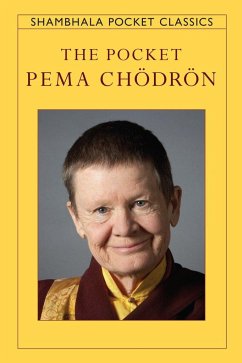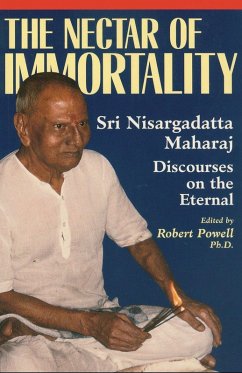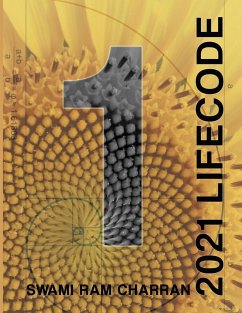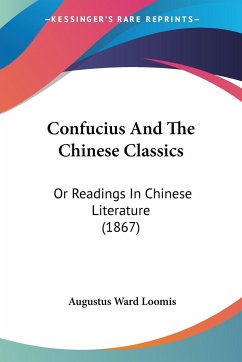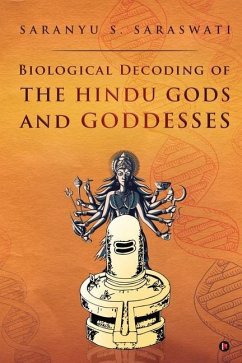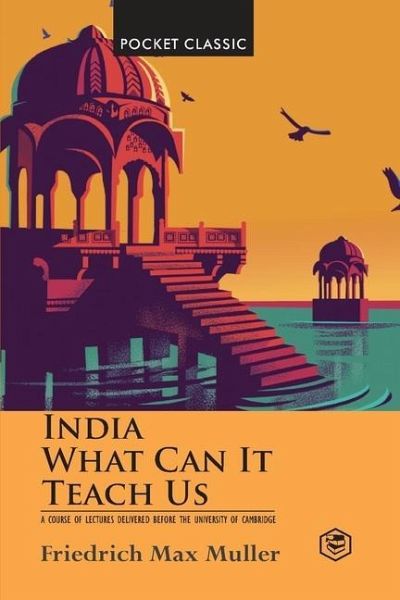
India: What Can it Teach Us? (Pocket Classics)
Versandkostenfrei!
Versandfertig in über 4 Wochen
21,99 €
inkl. MwSt.

PAYBACK Punkte
11 °P sammeln!
A must-read for every Indian. India: What Can It teach us? is a compilation of lectures delivered by Max Muller at Cambridge. F. Max Müller in lectures portrays India; specially the Vedic India; as an epitome of virtuosity & morality; whose glory is equal if not greater to the classical Greek or Roman Civilizations. F. Max Müller urges the Westerners to come out of their supreme colonial mindset & admire & adopt the multidimensional efficacy that is inherent in India. He espouses an amazing depth of love & reverence for India and highlights such positive aspects about her that it compels the...
A must-read for every Indian. India: What Can It teach us? is a compilation of lectures delivered by Max Muller at Cambridge. F. Max Müller in lectures portrays India; specially the Vedic India; as an epitome of virtuosity & morality; whose glory is equal if not greater to the classical Greek or Roman Civilizations. F. Max Müller urges the Westerners to come out of their supreme colonial mindset & admire & adopt the multidimensional efficacy that is inherent in India. He espouses an amazing depth of love & reverence for India and highlights such positive aspects about her that it compels the reader to look at his or her own country in a different positive light.





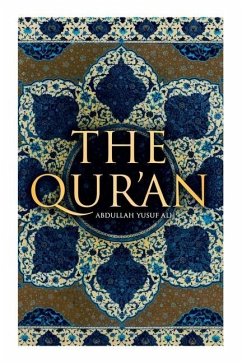
![Let us Learn Islam (Belief, Worship, Sirah, Adab - According to the Maliki School) [7th Class] Cover Let us Learn Islam (Belief, Worship, Sirah, Adab - According to the Maliki School) [7th Class]](https://bilder.buecher.de/produkte/71/71589/71589107n.jpg)
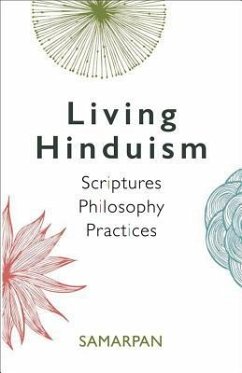
![Let us Learn Islam (Belief, Worship, Sirah, Adab - According to the Shafii School) [7th Class] Cover Let us Learn Islam (Belief, Worship, Sirah, Adab - According to the Shafii School) [7th Class]](https://bilder.buecher.de/produkte/71/71677/71677261n.jpg)

